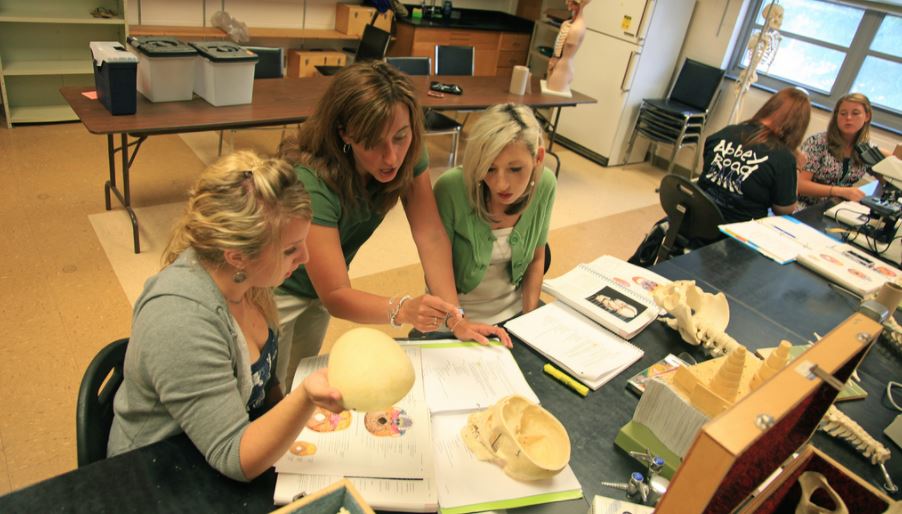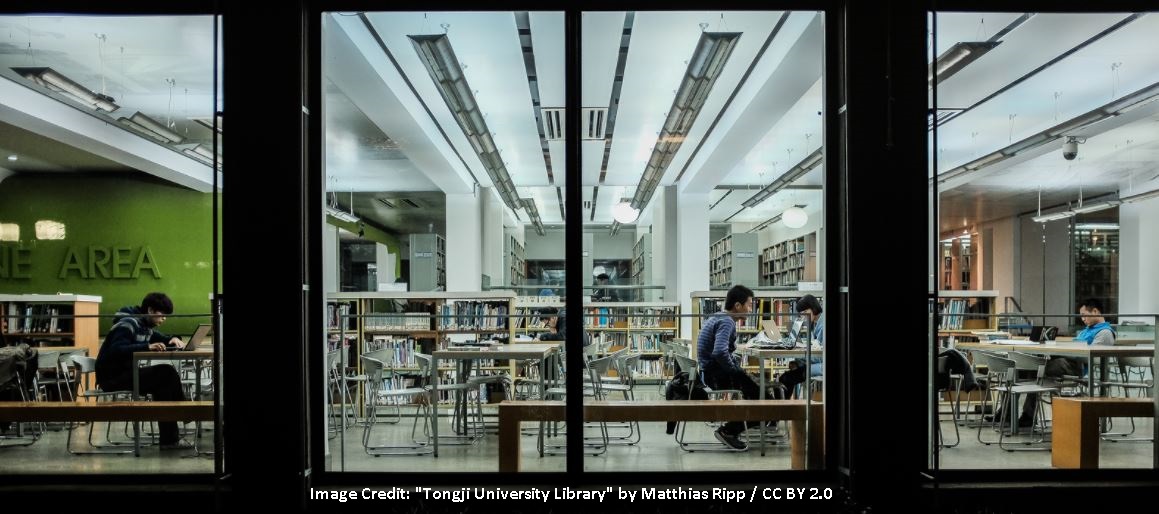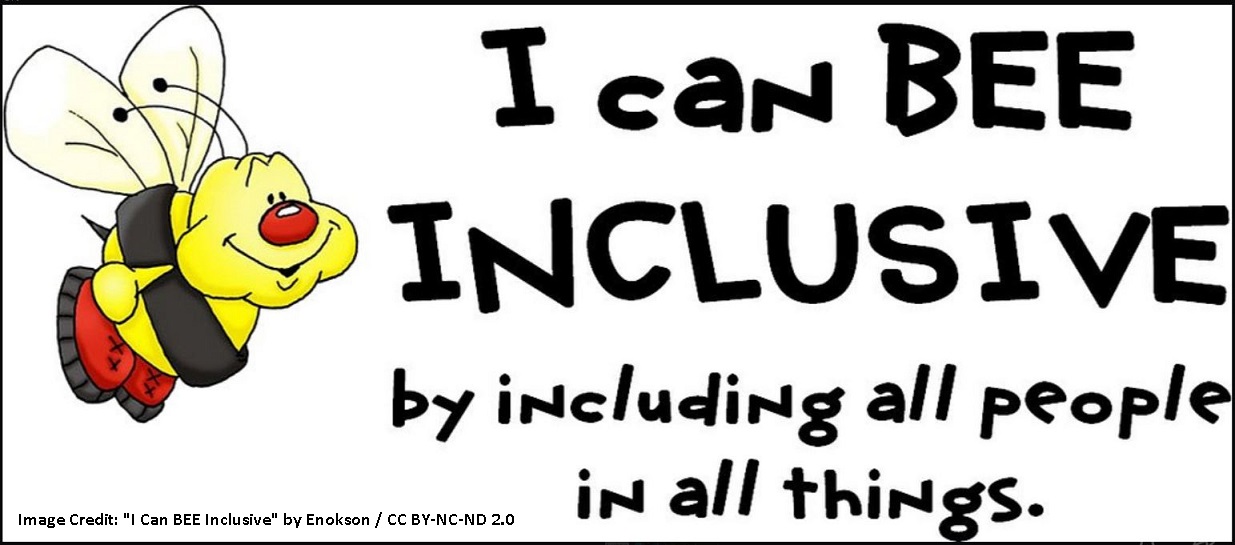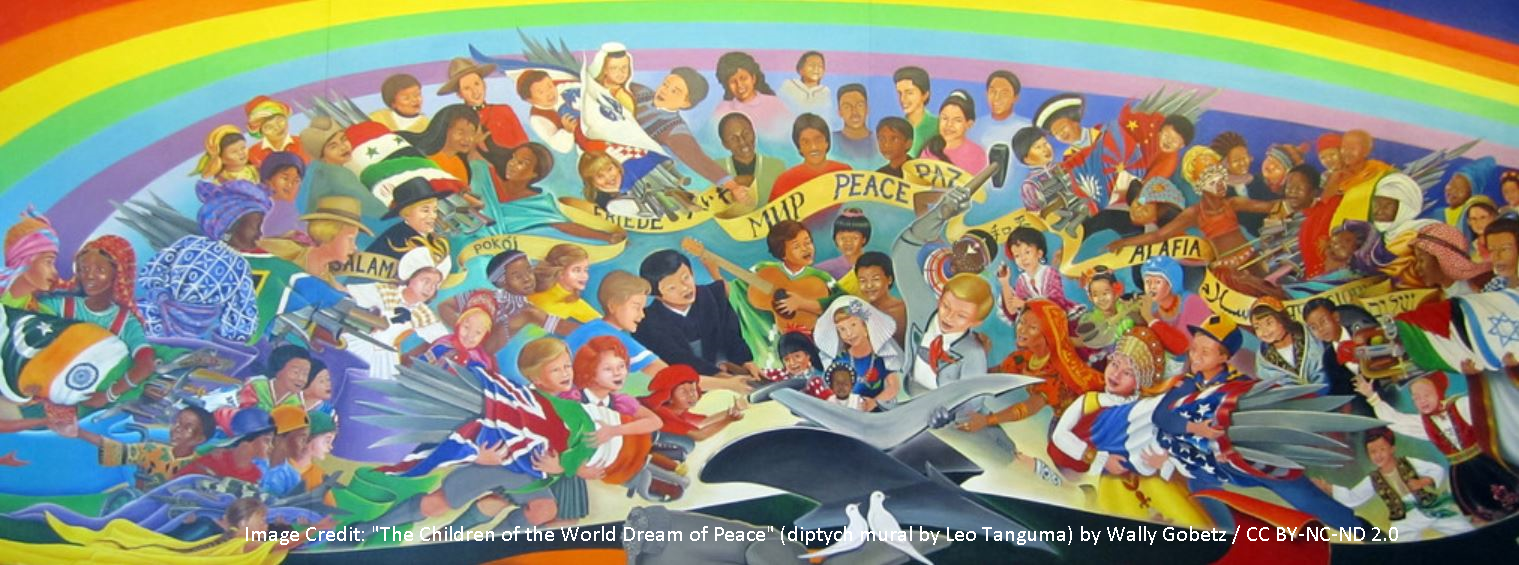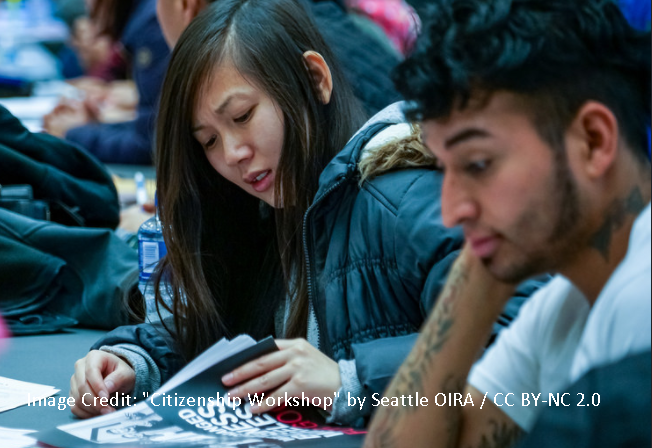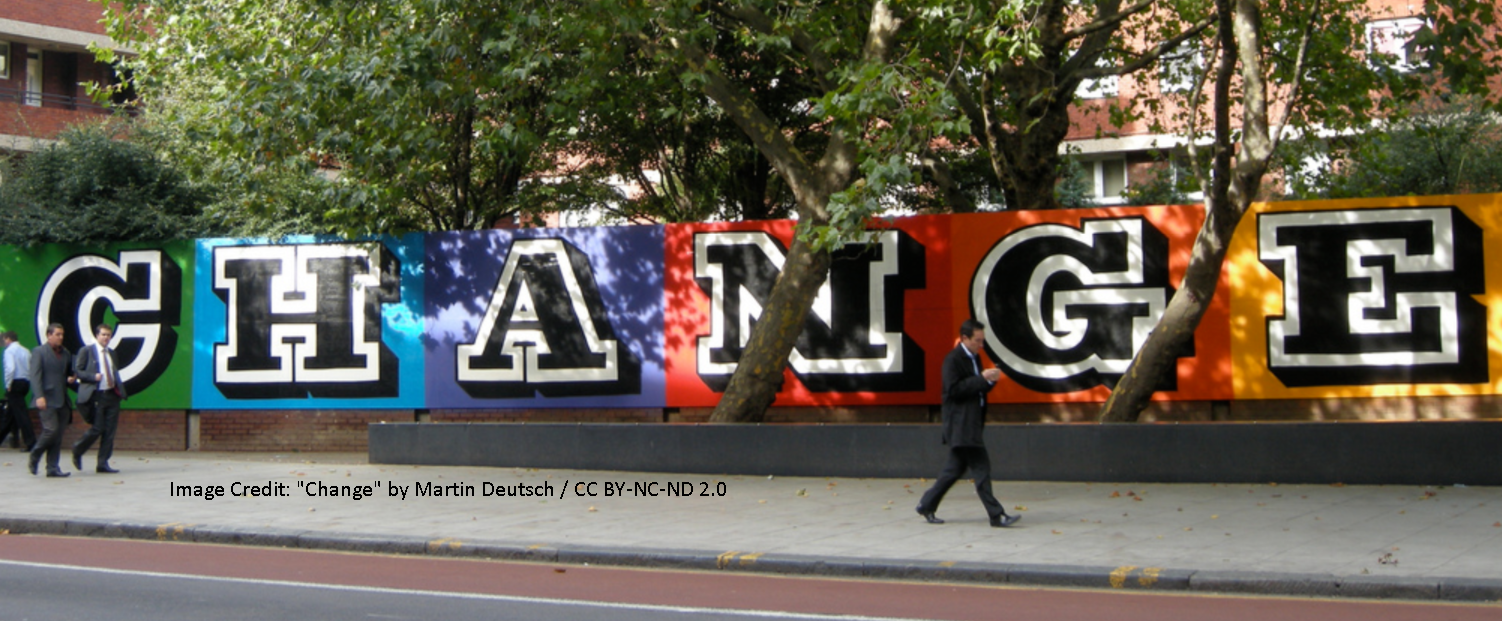Rethinking higher education in the service of humanity
Rethinking higher education in the service of humanity Patrick Blessinger St. John's University (NYC) and International HETL Association As I reflect on the first 25 research-based articles I have authored and co-authored over the past several years with University World News, I would like to evaluate and summarise the key findings that have emerged from the empirical evidence used to ground these articles. The findings discussed in these articles is further explicated in the peer-reviewed book series, Innovations in Higher Education Teaching and Learning, a research collaboration between Emerald Group Publishing, the International Higher Education Teaching and Learning Association (HETL) and hundreds of educational researchers and scholars from around the world. Other research on higher education is disseminated through the Journal of Applied Research in Higher Education. HETL (in consultative status with the United Nations Economic and Social Council or ECOSOC) initiated this book series to further the mission of ECOSOC and to support goal four of the UN Sustainable [...]


